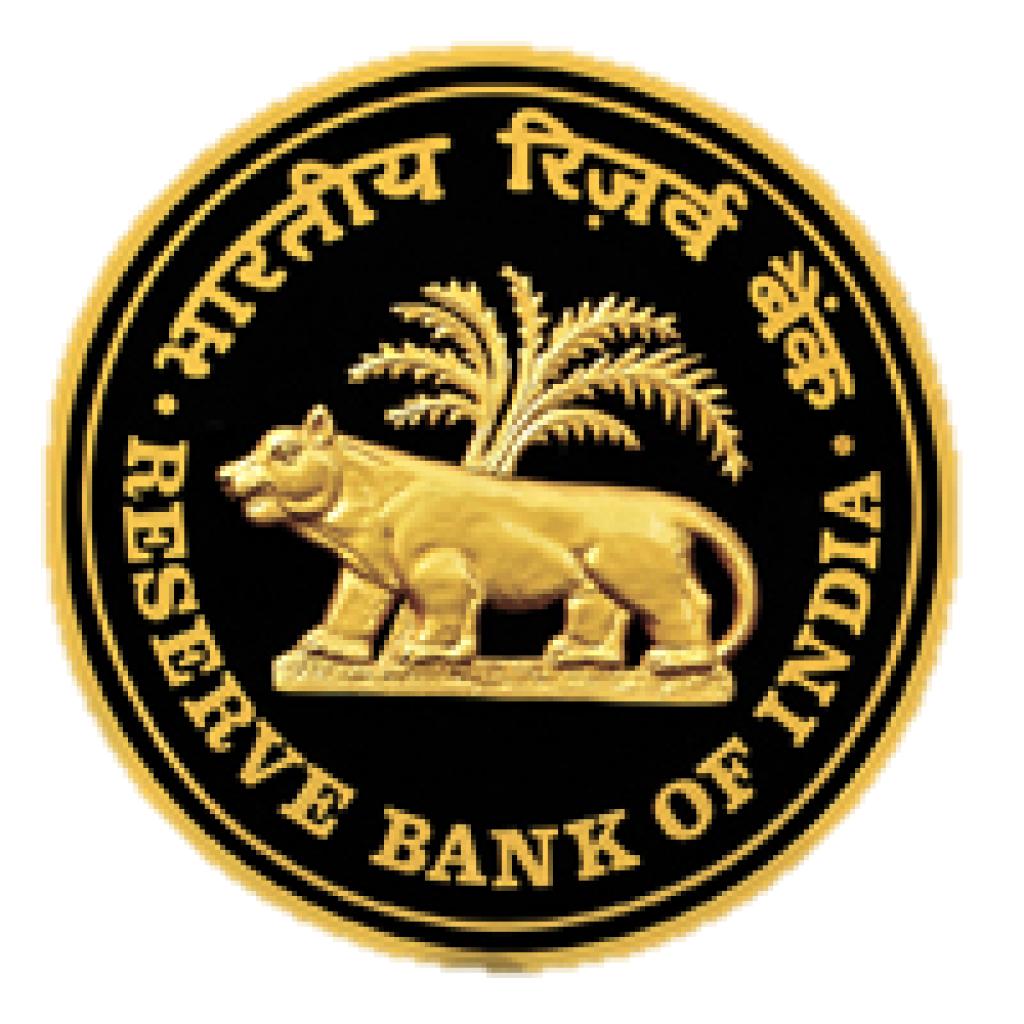
The Reserve Bank of India (RBI) is India’s central bank established on 1st April 1935 under the RESERVE BANK OF INDIA ACT having headquarter in Mumbai.
PREAMBLE of RBI
“To regulate the issue of Bank notes and keeping of reserves with a view to securing monetary stability in India and generally to operate the currency and credit system of the country to its advantage; to have a modern monetary policy framework to meet the challenge of an increasingly complex economy, to maintain price stability while keeping in mind the objective of growth.”
The prime duty of the reserve Bank is to regulate the banking system of our country. RBI Governor is appointed by the Central Government. Since Nationalization in 1949, the Reserve Bank is fully owned by the Government of India.
Role of RBI in inflation control
Inflation arises when the demand increases and there is a shortage of supply. There are two policies in the hands of the RBI
- Monetary Policy: It includes the interest rates.
- Fiscal Policy: It is related to direct taxes and government spending.
Key Functions of RBI
- Financial supervision of commercial banks, financial institutions and non-banking finance companies.
- Regulator and supervisor of the financial system
- Regulator and supervisor of the payment and settlement systems
- Banker and debt manager to government
- Managing foreign exchange
- Issue of currency
- Banker’s bank
- Regulator of the Banking System
- Detection of fake currency
- Developmental role
- Custodian to foreign exchange
Source: https://www.rbi.org.in , Wikipedia




